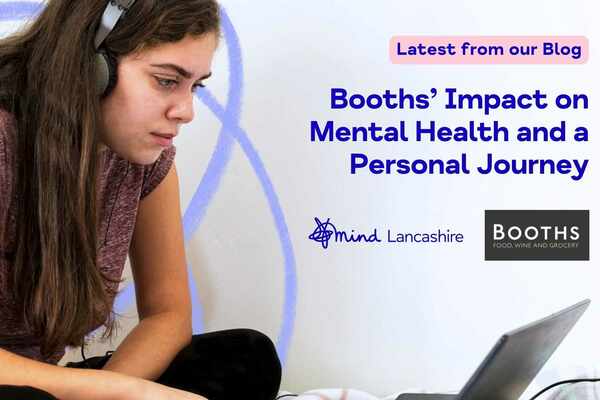With teacher retention becoming an in increasing issue within our education sector, former teacher Stephanie Carlin explores whether more could be done to help teachers improve their wellbeing in schools.
#thoughtleadership #thoughtoftheday #teaching #teachingtips #professionalwellbeing
Teacher Retention
“The supply of new teachers is simply not sufficient to meet the needs of the education system, and we then lose far too many early in their careers.” Geoff Barton, General secretary of ASCL school leaders union reported in Schools Week December 2023.
As recruitment and retention remain in a critical state, former teacher Stephanie Carlin asks, ‘Could we be doing more for teacher wellbeing in our schools?’
According to the Department for Education (DFE) Work Force Summary 2022, almost 9% of the teaching workforce resigned from state schools last year – (the highest number since records began in 2011).
The DfE in 2018, stated in Factors affecting teacher retention: qualitative investigation (publishing.service.gov.uk), that there is a link between the mental health provision in schools and reasons for leaving the teaching profession:
"The reasons for leaving teaching were complex and multifaceted... Key reasons included workload (including volume of marking and planning), stress and ill health, and school leadership, policy and approaches."

Two of the DfE’s own recommendations in 2018 were around wellbeing and workload being addressed and implementing a wellbeing strategy. So, has the situation improved in 2023?
In short, the answer is no. In recent years, teacher retention has been an increasing issue within our education sector. The Teacher Wellbeing Index has reported figures this year that show a further decline in teachers’ and school leaders’ mental health. They report that 78% of all education staff are stressed (3% increase on 2022). Even more worryingly, there is a 9% increase on teachers who are experiencing burnout rising to 36% in 2023.
In 2021 we saw the introduction of the voluntary DfE Education staff wellbeing charter aiming to support schools with the wellbeing of school staff. In January 2023 Schools Week reported that ‘just one in ten schools’ had signed up.
This is indictive in the lack of joined up work and the problem that an already overwhelmed school environment just doesn’t have the resources to support it. A pledge for the DfE and Ofsted to review the charter has been made. My hope is that it will make compulsory action necessary for all schools, including relevant financial support.

With teachers acting en loco parentis, we need to prioritise keeping the staff well so that they can deliver at their best for the young people in their care. Furthermore, by setting the examples of promoting wellbeing, healthy diet, exercise and sleep hygiene (51% of staff experience insomnia or difficulty sleeping; a 6% increase on 2022) Teacher Wellbeing Index and self-care.
The CIPD Health and Wellbeing Report 2023 reported:
“Employers need to keep employee wellbeing at the top of their agenda, 70% of respondents see their health and wellbeing activity as an opportunity to boost employee engagement.”
The complex issue of how schools spend money is ever present. However, workforce expectations of their employer to respect and look after their mental health is becoming a bigger priority for recruitment and retention.
Could schools invest more into the wellbeing, coaching and supervision of the workforce, when there are increasing demands and budget constraints? It is a difficult position for a headteacher. Headteachers themselves reported that 96% felt stressed in the Teacher Wellbeing Index.

The delicate balance of focusing on mental health, wellbeing and self-care without adding to workload is the challenge at the forefront of education.
So, considering what can be removed and reduced from teachers’ responsibilities is important, not adding activities to already busy lives and schedules.
Wellbeing needs to be at the heart of a school culture for this to be effective on the mental health of our teachers. It is essential that whatever decisions are made moving forward at government, school leaders or individual teacher level – wellbeing should not be a voluntary decision but at the heart of education policy and school culture.
For more support or advice, please look at our offers to prioritise your staff's wellbeing:
Workplace Wellbeing & Training
For Together workshop You and Your Young Person, Parent Workshops and Understanding Self Injury Together, Parent Workshop
If you have found this article useful and would like the opportunity to discuss more topics like this with like minded people, please consider joining our Lancashire Wellbeing Business Network:





